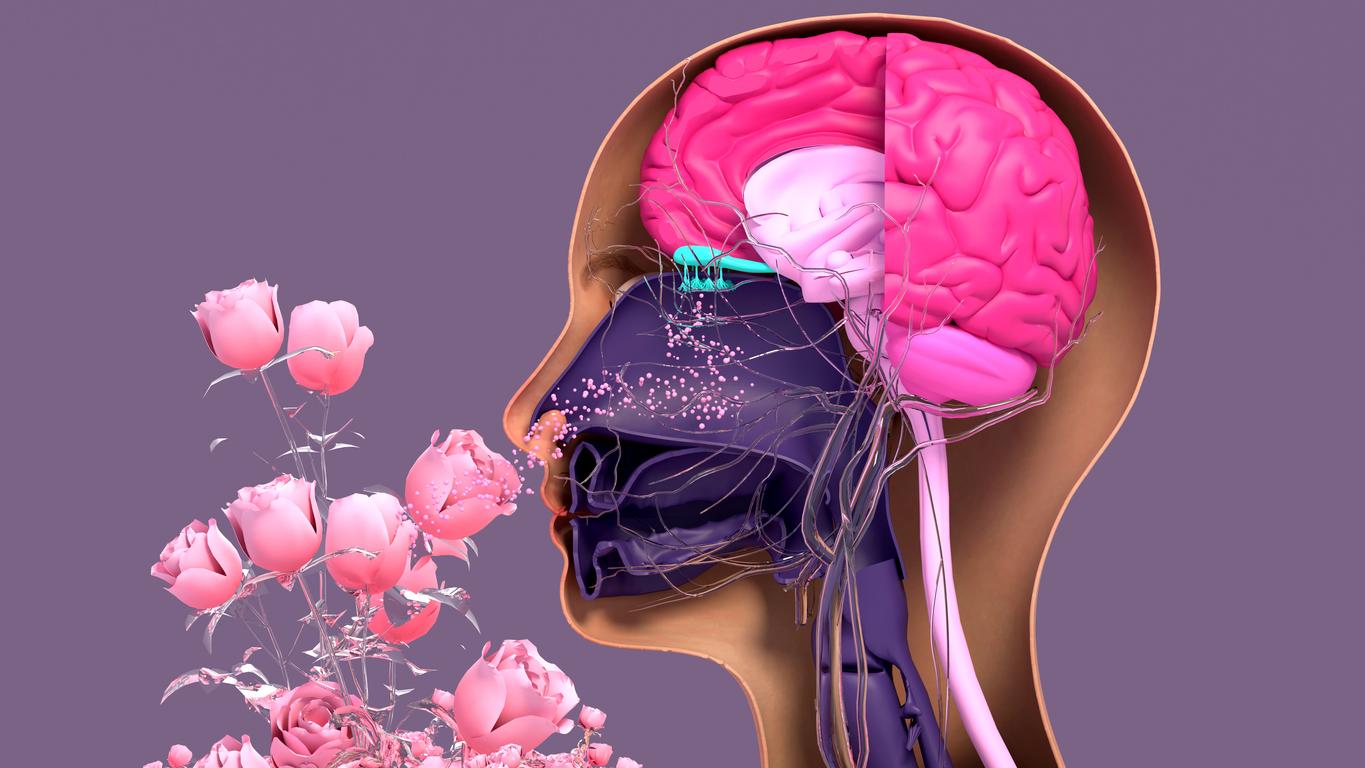An experiment with an orchestra shows that octogenarians can identify and remember familiar melodies as well as teenagers.

- The ability to remember and recognize a piece of music does not appear to be affected by age, unlike many other forms of memory.
- This may be because music arouses emotions, which makes it more encoded in memory.
- According to the authors, there is great interest in using music as a form of “cognitive scaffolding” – that is, an aid to memory for other information – in people with dementia.
“We hear stories all the time about people with severe Alzheimer’s who can’t talk, can’t recognize people, but sing songs from their childhood or play the piano,” said Sarah Sauvé, a musicologist at the University of Lincoln in the United Kingdom. In a study published in the journal Plos Oneshe and her team wanted to analyze the effects of age on musical memory in the context of real pieces of music, and to compare an experimental setting of a live concert with an experimental setting in the laboratory.
Musical memory does not deteriorate with age
For the study, the researchers recruited 90 healthy adults aged 18 to 86. During a live concert by the Newfoundland Symphony Orchestra in St. John’s, Canada, participants were asked to click a button or press the space bar on a keyboard when they recognized familiar melodies. “One was Mozart’s Eine Kleine Nachtmusik and the others were original pieces commissioned for this study, one tonal and one atonal,” which the volunteers heard several times before the performance. At the same time, 31 other people of the same age watched a recording of the concert in the laboratory. After the intervention, the adults completed two cognitive tests and a questionnaire collecting demographic information and a self-assessment of hearing abilities.
According to the results, octogenarians were able to identify familiar melodies as well as adolescents. In detail, Mozart’s melody was recognized equally by all ages and musical backgrounds, with no loss of recognition as age increased. All participants were less confident in recognizing the tonal piece, and even less confident for the atonal piece. “This pattern did not vary with age either.” The team also found no age-related differences in results between concert participants and those in the lab.
Cognitive decline: music is more encoded in memory because it arouses emotions
The authors explained that the reason why musical memory appeared to resist age-related cognitive decline may have to do with the emotions that music evokes in people, making it more encoded in memory. “We know from general memory research that, in fact, the amygdala, or emotional processing, functions somewhat like a buffer of importance.” In the conclusionsthey point out that music could be used as a form of “cognitive scaffolding”, that is, as an aid to memory for other information, in people with neurodegenerative diseases, such as dementia.
















